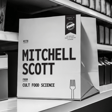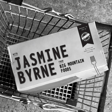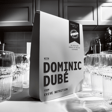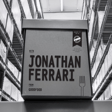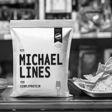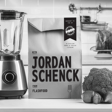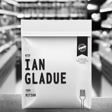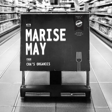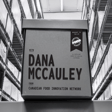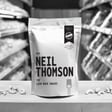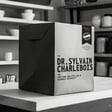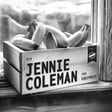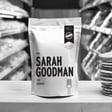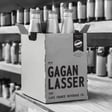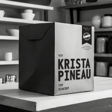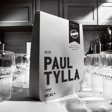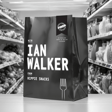
Jud Currie | Ethical Food Group
This episode is a special one as it explores the future of grocery through the eyes of a speed to market specialist… some even call him the anti-broker.
I’m chatting with Jud Currie, Ethical Food Group’s very own retail and sales leader and you’re going to love this conversation.
Jud’s storied career includes category-leading work with major brands like Colgate-Palmolive, McCain and Love Child Organics. Now he’s driving better-for-you products onto shelves across North America as a part of our EFG family and I’m thrilled to have him on the show.
We unpack the real art of retail: from winning at the shelf to pitching buyers to what makes a brand truly retail-ready. Jud shares how he helps founders build trust with buyers, and why he believes every grocery aisle is ripe for disruption.
To learn more Jud Currie how we help food and beverage brands get to market faster, visit https://www.ethicalfoodgroup.com/.
Here’s a summary of this interview:
Jud's food system wish: A return to simpler, nutrient-dense products with short ingredient lists—like the kind his 99-year-old grandmother lived on.
Anti-broker mentality: Jud positions himself as part of the brand’s team, not just a middleman—focusing on fewer clients, deeper involvement, and faster execution.
Past brand wins: He launched and grew Love Child Organics—a disruptive baby food brand that helped shift the market toward organic pouches.
Winning at the shelf: Retail success comes from understanding pricing, positioning, and what makes a product truly different in its category.
Pitch strategy: Forget 30-slide decks—buyers want three things: who you are, how you're different, and how you’ll execute.
Category expertise: Jud agrees that founders should know their category better than the buyer—they should walk in ready to teach, not just pitch.
Data vs. intuition: He values clean, essential data like item ranking reports but warns against drowning in analytics that don’t drive strategy.
The holistic advantage: Working with Ethical Food Group gives brands access to a vertically integrated ecosystem of strategy, sales, marketing, and funding—something rare in a traditionally siloed industry.
Personal connection to better-for-you foods: A shift to a plant-forward diet transformed Jud’s health, fuelling his passion for high-impact nutrition products.
Every aisle is ready for disruption: From cereal to chips to health and beauty, Jud believes nearly every category can and should do better—and he's on a mission to help make it happen.

